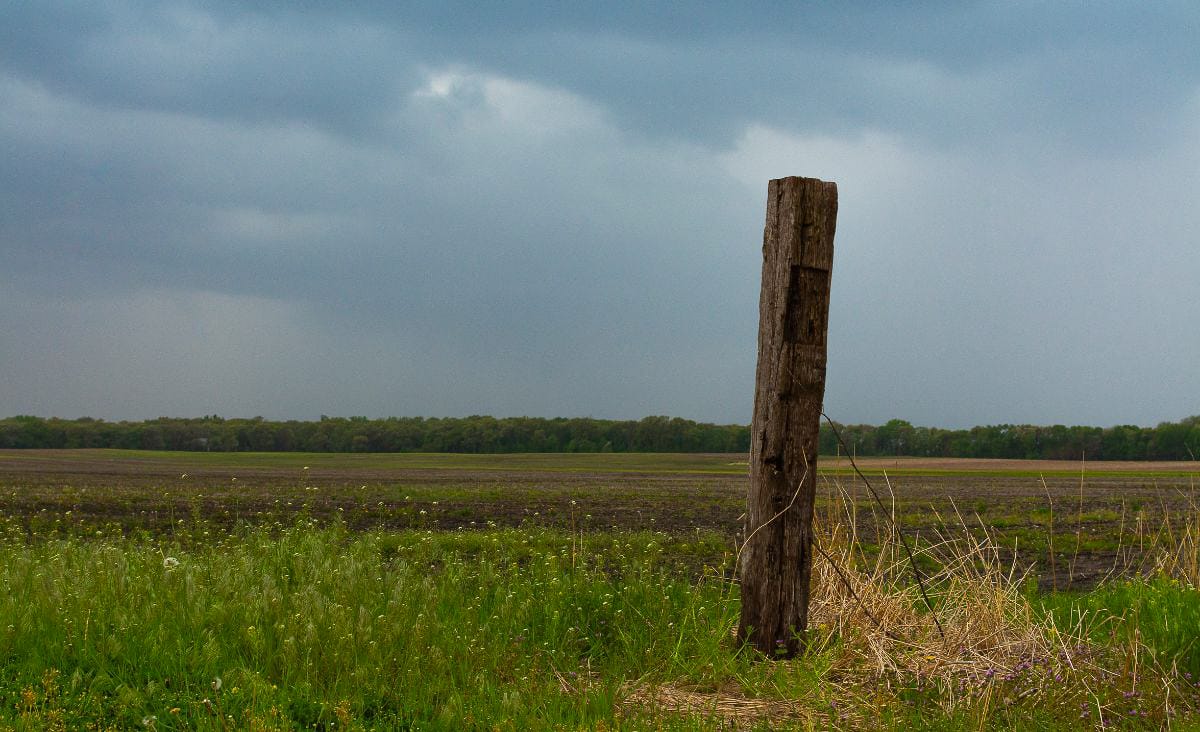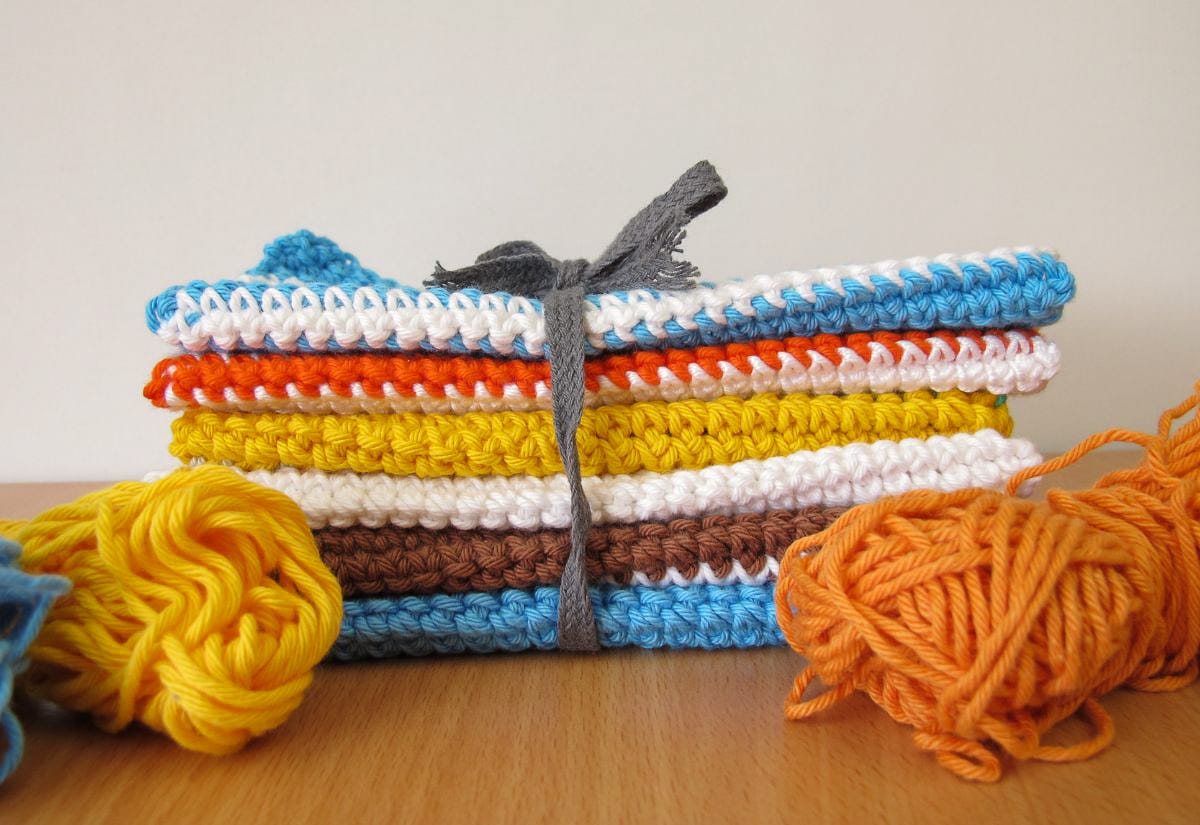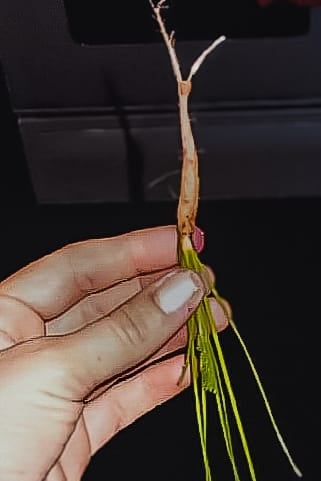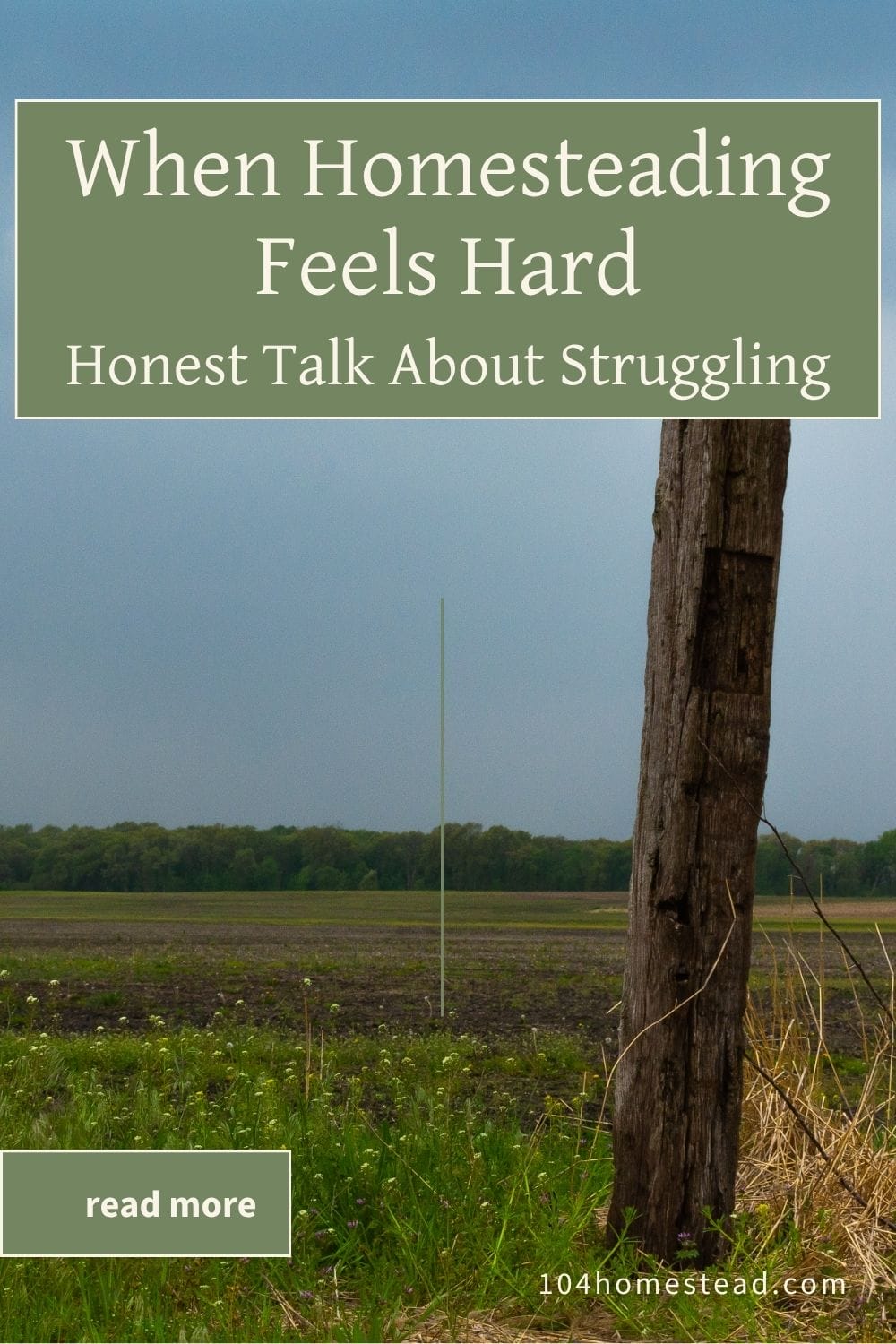When Homesteading Feels Hard: Struggles and Small Wins
Struggling with homesteading? You’re not alone. Here’s an honest look at why homesteading is hard—and how to keep going when things feel impossible.

Homesteading can look idyllic from the outside—sunlit gardens, warm bread from the oven, and chickens pecking peacefully in the yard. But behind the scenes? There are plenty of moments that feel messy, frustrating, and downright discouraging. And honestly, that’s just part of the deal.
This post was inspired by a conversation I had with my friend Tammy Trayer on her Mountain Woman Radio broadcast. It felt like two friends chatting over coffee (hers was herbal, mine probably had cream and a dash of chaos). What started as a friendly catch-up turned into a heartfelt conversation about how hard homesteading can be.
And that’s what I want to share with you here.
When You Keep Failing at Something (But Keep Going Anyway)
One of my earliest struggles? Bread. I wanted so badly to make homemade bread my family would love—but batch after batch was dense, dry, or weirdly sour. My kids started side-eyeing every loaf I pulled from the oven. I started questioning whether I was cut out for this lifestyle at all.
Eventually, I figured it out. And when I did? That victory felt huge. It’s that kind of win—after repeated trial and error—that makes it all worth it.
If you’re struggling with homemade bread like I once did, don’t give up. These tips will help you perfect your bread baking skills—so you can skip the side-eye from your family and pull beautiful loaves from the oven.
Being Self-Sufficient Takes Baby Steps
Homesteading isn’t a checklist. There’s no final destination where you “arrive” and get everything right. It’s more like a never-ending experiment where you learn (and fail) constantly.
If you’re trying to become more self-sufficient, start small. Pick one thing. Do it well. Then build on it.
Let’s say you want to learn to crochet or knit. Starting with an intricate sweater is like setting yourself up for frustration. But make a stack of dishcloths with different stitch patterns? Suddenly you’re gaining skills and making something useful.

Start with the dishcloths.
Trial and Error Is Normal—Even Necessary
The learning curve isn’t just steep—it’s full of potholes. Take homemade deodorant, for example. Maybe you try your first recipe and end up with burning armpits and zero odor protection. That doesn’t mean you failed. It means you found a recipe that doesn’t work for you.
Tip: If you’d try another store brand when one doesn’t work, give yourself permission to do the same with DIY.
Everything from sourdough to soapmaking has a learning curve. The secret? Keep going.
Some Things Just Don’t Work—and That’s Okay

Sometimes it’s not about trying harder. It’s about letting go.
I’ve been gardening for years, and guess what? I still can’t grow carrots. No matter what I do, they come out stubby or sad. I keep giving them a shot (because hope springs eternal), but I no longer give them prime space in my garden.
If something’s not working—whether it’s carrots or kombucha—it’s okay to reassess. Ask yourself: Is this something I want to keep pursuing? Or is it time to shift focus?
You Don’t Have to Do It All
What you do doesn’t define your worth as a homesteader.
Trying to do it all will wear you down fast. If you’re feeling overwhelmed, here’s how to find a better rhythm with homesteading life—without losing your mind (or your motivation).
Want proof? One weekend, my daughter had friends over for a birthday sleepover. I was swamped and had zero bandwidth to cook from scratch. So I grabbed frozen pizzas, chips, and soda from the grocery store.
While I was checking out, a woman approached me: “Aren’t you that homesteading lady from the internet?” Cue the internal panic. We chatted about chickens and gardens, and I silently willed her not to look at my cart. She did. And yeah, I felt a little embarrassed.
But here’s the thing—I do what I can. I can’t do it all. And that’s okay.
Struggling with more than just the usual learning curve? This honest post dives into homesteading with chronic illness or limitations—and how to adapt your journey with grace.
Celebrate the Little Wins
Every real food meal matters. Every tomato you grow is one less you had to buy. That one jar of homemade cleaner? It’s already reducing toxins in your home.
Progress on the homestead doesn’t have to be flashy or Instagram-perfect. It just has to be yours.
A little encouragement can go a long way—pin it now so you can come back to it when you need a reminder to keep going.

Homesteading isn’t always easy. In fact, it rarely is. But if you’re feeling discouraged, I hope this post reminds you that you’re not alone.
Start small. Give yourself grace. Keep showing up.
You’ve got this.
P.S. This post was originally published in 2015 and has been thoughtfully updated to reflect where I am in my homesteading journey today. The challenges may change—but the heart of it all stays the same.

I can really relate to this too. One area I find particularly and routinely discouraging is when animals die (that weren’t intended to). Most non-homesteaders might be accustomed to the occasional loss of a pet, but losing animals that you treat like pets that also provide you with food can be uniquely discouraging because a lot of time and resources may have gone into them PLUS, you enjoy them! Gardens can be similar. When your food is tied to your failures, your failures feel much deeper than most. Homesteading definitely requires optimism. Friends who can encourage are a big help, and for many of us, a luxury.
Your poor little carrot! For some reason I cannot grow oregano, go figure. All other herbs are fine but I’m (secretly) blaming it on the seeds. 🙂 I believe the same, do what you can and be willing to accept what you can’t and move on. Sometimes it’s hard though. We want to be able to do everything!
Thanks. Great post. And I needed the “baby steps” reminder?
great post, I am guilty of trying to knit the complicated sweater before I mastered the dishcloth, luckily I realised after a few disastrous rows that I needed to start with something easier. Its hard to be patient and make something simple when you want to start with the masterpiece! But a good lesson 🙂
Thanks, Jessica. This came to me today when I most needed to see it!
I’m so sorry if you are currently dealing with disappointment,but I’m glad you found this post when you needed it.
Great encouragement.
Such an inspiring post, Jessica! Thank you!
We’re in the city, with a tiny, shaded backyard. We’ve tried three years of veggie gardening: “moveable sled” gardening, bucket gardening, and finally raised-bed square foot gardening. The first two years were pretty much complete failures. Last year was better by a sliver, but still a pitiful amount. This coming year, we might take over the neighbor’s backyard: she has way more sun and less trees/roots.
I’ll start my seedlings in a week. I remain an optimist. 😉
I am a firm believer that optimism pays off. Good luck!
I can totally relate!! I have been dwelling on the things I want to do as a homesteader and not enough on what I am doing. This post was both insightful and inspiring.
I am so glad you enjoyed! Happy homesteading 🙂